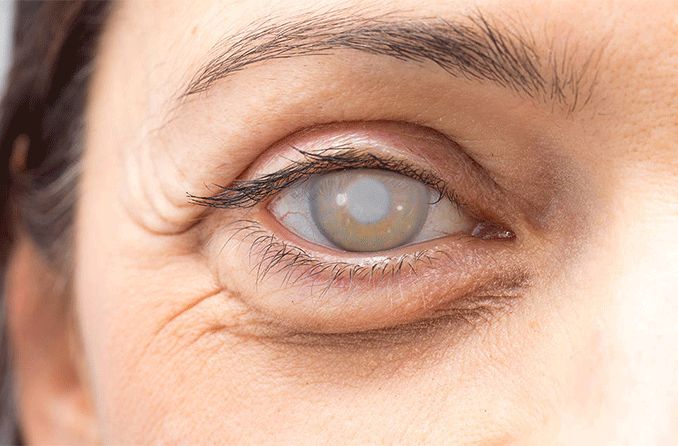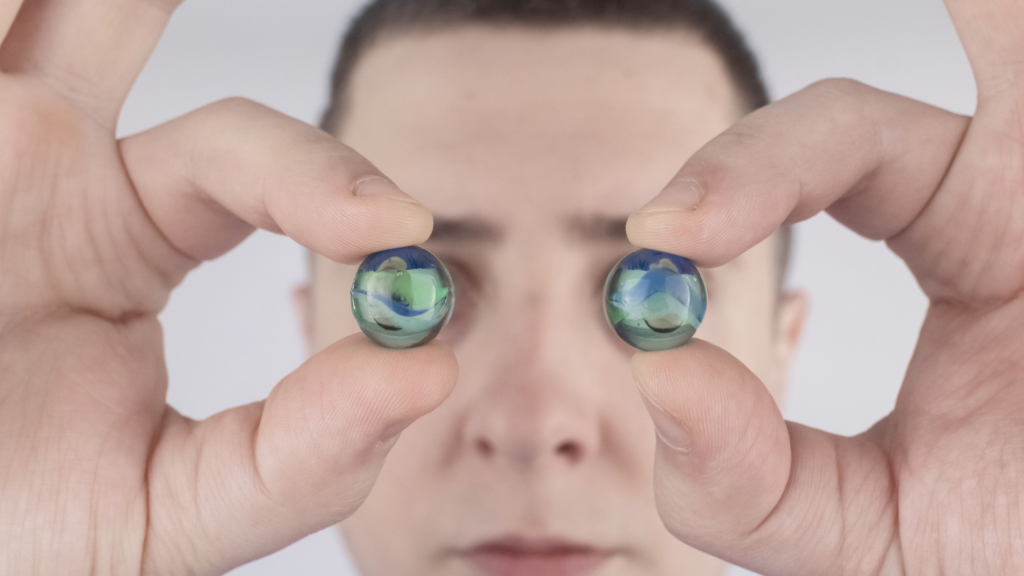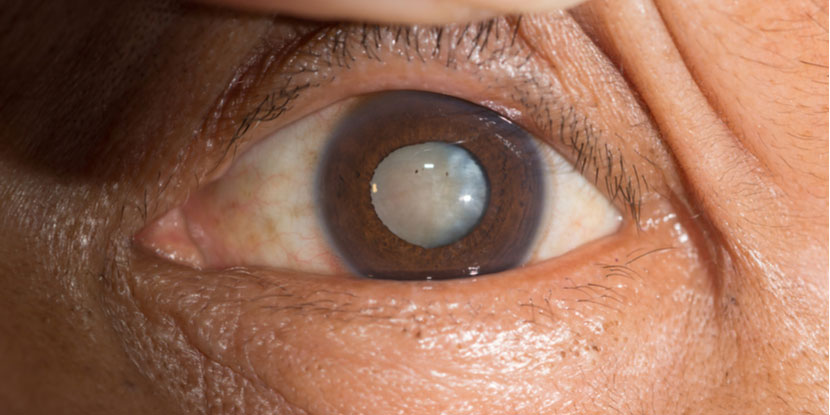Best Cataract Surgery In D.N Nagar, Andheri, Mumbai
Cataract surgery is the lens replacement surgery required when a cataract occurs in the eye. This is when the natural lens has lost its clarity and has become cloudy. The cataract causes blurred vision, loss of contrast and can make driving difficult. Cataracts can occur at any age but are most common in people over 60 years old, due to the natural ageing process of the eye. Cataracts can also be genetic, or caused by other factors such as diabetes or previous eye trauma. If left untreated cataracts normally become larger, obstructing vision more over time, and eventually lead to blindness.
The benefits of cataract surgery. Following surgery, you should be able to: – See things in focus -Look at lights without experiencing glare -Tell the difference between colours more easily If you need glasses after cataract surgery, your consultant will advise you to wait a few weeks after the operation before seeing your local optician to ensure the prescription has stabilized. Temporary off-the-shelf reading glasses generally work very well after cataract surgery.
What causes cataracts?
Most forms of cataract develop in adult life. The normal process of ageing causes the lens to harden and become cloudy. This is called an age-related cataract and it is the most common type. It can occur at any time after the age of 40. Although most cataracts are age-related, there are other types, including congenital (present at birth), drug induced (steroids), and traumatic (injury to the eye). Cataracts are also more common in people who have certain diseases such as diabetes.

Can cataracts come back?
Once the cloudy (cataractous) lens has been removed as part of cataract surgery, it doesn’t come back. However, the thin membrane behind the new lens implant (posterior capsule) may become opaque during the first few months of years after cataract surgery. This creates a filter-effect and can cause your vision to deteriorate. A simple laser treatment (YAG laser capsulotomy) can be performed in the out-patient clinic to clear this membrane and restore clear vision. Approximately 1 in 5 (20%) patients may benefit from YAG laser capsulotomy after cataract surgery.
Cataract Eye Surgery
Cataract surgery or lens replacement surgery is the removing of the natural lens of your eyes when there is opacification (a cataract).
What to know before cataract surgery ?
Dr Ankita Patil will take you through a series of extensive measurements and tests to evaluate your vision and eyes before the surgery.
Our team will also have a look at your medical history, any medical conditions you may be suffering from and any other issues you have related to your vision. These tests and measurements will help us to decide the options for cataract surgery.
During the cataract surgery procedure, with the help of a laser and modern technology including ultrasound(phacoemulsification ), the surgeon removes the cataract and replaces it with an artificial lens. This procedure is performed through a small incision of 2-3mm and it is painless.
Precautions after cataract surgery
- You will be given anti-inflammatory drops to use for at least two weeks as well as antibiotic drops.
- You may continue driving once you are able to read a number plate at the required distance, our specialist will inform you when you are legal to drive. This is usually after a few days.
- Daily bathing and washing your hair are OK after the first 24 hours but you should not get soap near your eyes for at least 1 week after the surgery. This is because it may cause irritation to your eye and rubbing it will disturb the wounds.
- It is suggested you wear a clear eye shield during the night for at least two weeks which we will provide for you. This can prevent unconscious rubbing of your eyes while you sleep.
- Try and avoid any strenuous activity, such as heavy lifting, gym, exercise classes etc. for two weeks.
- You won’t be able to use a steam room or swim for at least two weeks after the operation.

Complications
1)Red eye – due to subconjunctival haemorrhage. It will become fully white and healthy typically within two weeks.
2)Raised eye pressure-Your eye surgeon may suggest additional eye drops for few weeks to lessen the pressure.
3)Cystoid macular oedema-fluid collection in macula is usually temporary and will resolve with some extra eye drops after a few weeks.
4)Refractive surprise-In this case correction with glasses will be needed

5)Posterior capsule rupture- in complicated cases there is risk for posterior capsule rupture , which will require need for anterior Vitrectomy and use of different type of lens . The recovery of the eye will take longer time .
6)Corneal decompensation-with age the corneal function and cell count starts to decline , such cornea can get cloudy and oedematous after cataract-surgery. Mostly this can be temporary and generally resolve by use of eye drops . If the edema persist , the need for corneal transplantation will be explained.
7)Retinal detachment-This is extremely rare and uncommon after a cataract surgery however it is a known complication which will need further surgery with a retinal surgeon to be corrected. High short-sightedness (pathological Myopia)usually carries higher risk of this complication.
